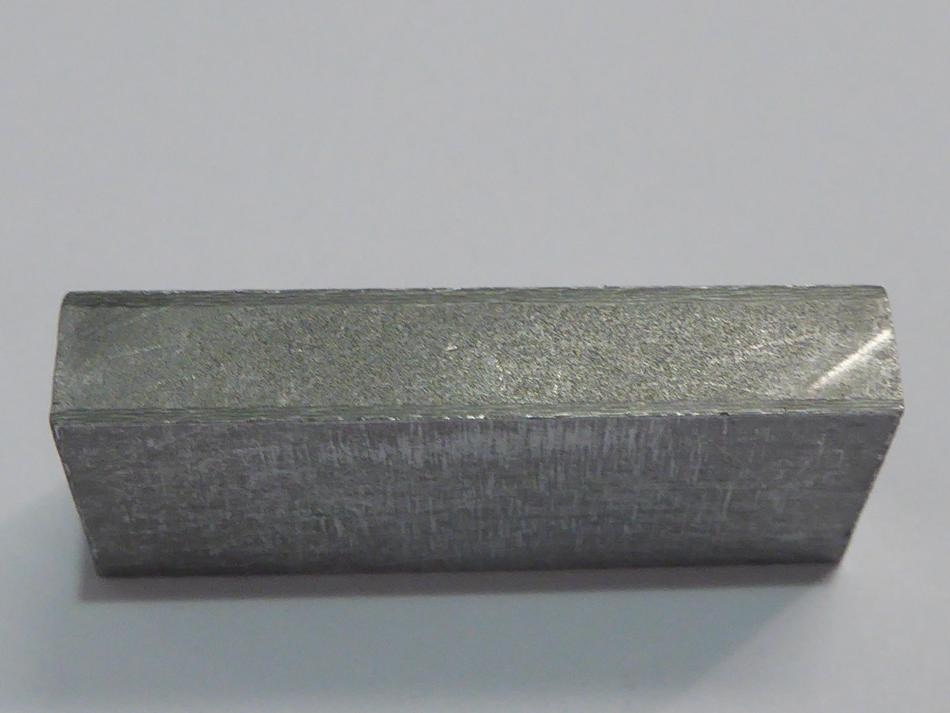Sep 11 2018
A novel and customisable multi-phase material that will bring fundamental new possibilities to design engineers will be launched at this year’s Advanced Engineering show, October 31st - November 1st at the NEC, Birmingham (stand K60).
 Alvant’s Metal Matrix Composite (MMC) multi-phase material is a novel and customisable multi-phase material that will bring fundamental new possibilities to design engineers.
Alvant’s Metal Matrix Composite (MMC) multi-phase material is a novel and customisable multi-phase material that will bring fundamental new possibilities to design engineers.
Positioned as a sustainable and capable alternative to titanium and carbon composites, Alvant’s Metal Matrix Composite (MMC) multi-phase material looks, at first glance, to be similar to a sandwich panel architecture. However, while featuring two skins and a core, Alvant’s ‘one-shot’ manufacturing process creates one piece of single continuous reinforced matrix material with different regions of reinforcement; in a sandwich solution, separate materials are bonded together. The result of eliminating weak points where the materials interface, significantly increases component strength- and stiffness-to-weight ratios.
Traditional sandwich materials are typically assembled from carbon composite or unreinforced metallic panes with a variety of honeycomb cores. The metallic pane, or “skin” is typically a flat, 2D panel, while carbon composite varieties can take 3D forms. Alvant’s multi-phase material method ensures the product is more resistant to shrinkage, damage and high temperatures, making it eminently suitable for harsher environments. It is also possible to create more complex shapes whilst reducing the post processing and assembly times usually associated with sandwich panel construction by as much as 30 per cent.
Different material selections for both the skin and core are possible so that the MMC multi-phase material’s properties can be tailored to suit specific requirements at the lowest weight. (For weight comparison, typical Alvant multi-phase material density is ~ 1.9g/cc, whereas Aluminium is ~ 2.7g/cc, steel is ~ 7.9g/cc, Titanium is ~ 4.5g/cc and carbon fibre composite is ~ 1.6g/cc.)
Alvant believes that MMC multi-phase material panels could benefit any industry facing lower emissions and reduced weight challenges such as aerospace, automotive, defence, high-end consumer goods, industrial products and healthcare. End users will typically be those who are searching to enhance their product’s capabilities, while respecting sustainability targets. For example, in the aerospace industry, OEMs could benefit from reduced emissions, maintenance, repair and operating costs.
The Advanced Engineering show, now in its 10th year, is the largest annual gathering of engineering and manufacturing professionals in the UK. The show’s dedicated zones will focus on aero, composite, automotive and performance engineering, as well as connected manufacturing, and new for 2018, nuclear engineering.
Alvant’s commercial and technical specialists will be on hand at the show to discuss aerospace-specific applications and provide background on other aircraft projects it is involved in, including a lightweight landing gear study with Safran. Experts will also offer guidance for engineers looking for lighter and sustainable products that include recent projects around lightweight electric motors and automotive body-in-white parts.